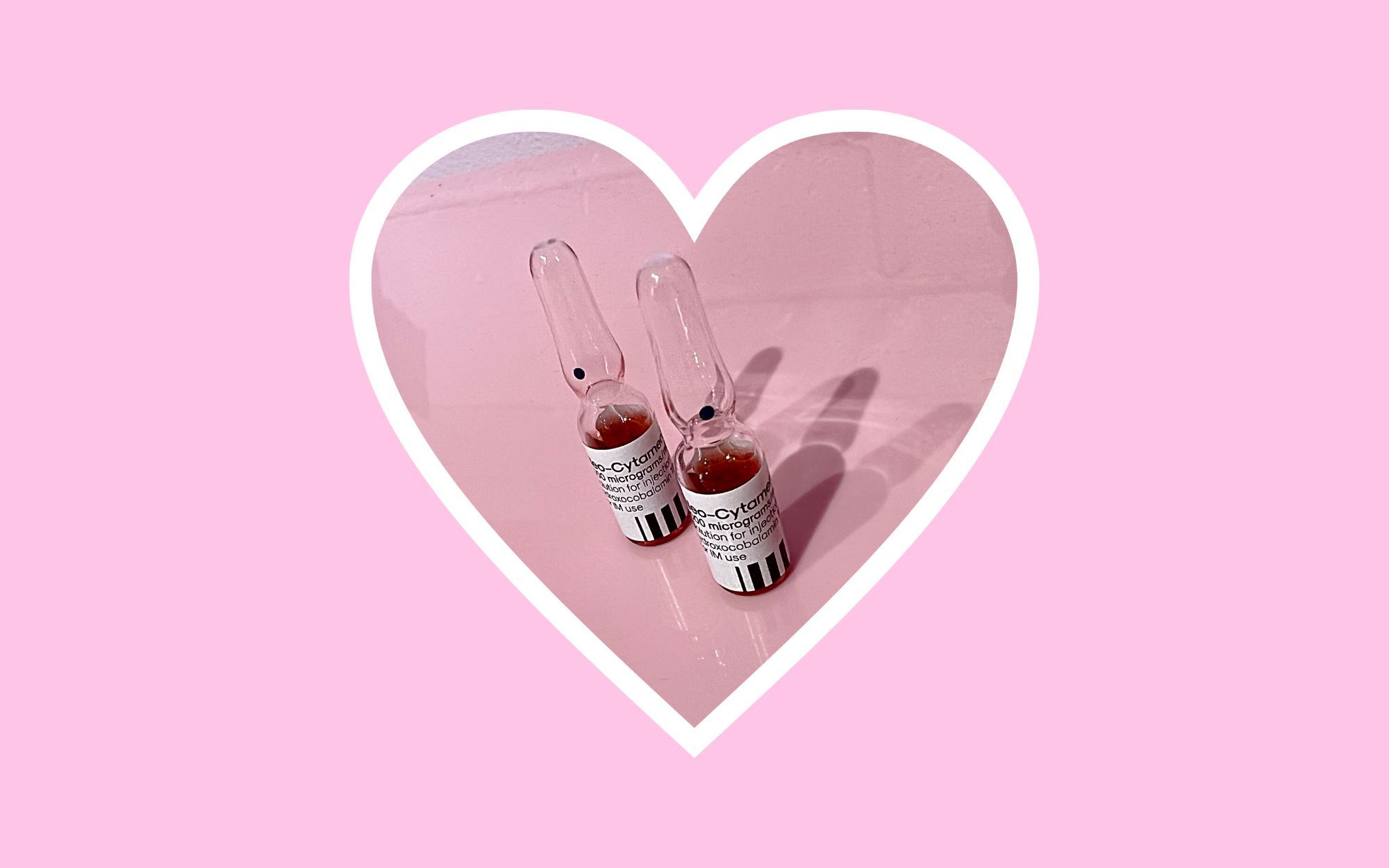All About B12

What is B12?
B12 or cobalamin is a water-soluble vitamin. It is essential for brain function and a healthy production of red blood cells. It is mostly found in red meat, fish & animal products such as dairy and eggs. The best sources of B12 are liver, kidneys, clams & oysters
What does it do?
B12 plays an essential role in your bodies production of red blood cells & DNA. It is also a major part of keeping your nervous system healthy and in working order. It also helps your body burn fat & carbs.
What if I don’t get enough B12?
If you do not get enough B12 naturally you will become deficient.
Deficiency is pretty common, however it is found more in the elderly people who have had intestinal or weight loss surgery, those who suffer from celiac or chrons & in people who follow a vegetarian or vegan diet.
This can lead to problems such as:
- A decrease in cognitive function like memory & understanding
- Fatigue
- Constipation
- Lethargy
- Feeling faint
- Depression
- Headaches
- Irritability
What good will it do?
B12 has so many benefits but it can take up to four weeks for you to begin feeling them but here is a list of the good it can do:
- Increases energy
- Reduces stress
- Improves focus and memory
- Helps boost your immune system
- Decreases symptoms of anxiety & depression
- Boosts mood
- Can help with a variety of neurologic disorders
- Improves sleep
- Can reduce pains in joints and muscles
- Can aid weight loss
How is it done and how often is it needed?
B12 is given through an intramuscular injection in the upper arm. It isn’t very painful but the liquid can feel a bit strange. This is only for a couple of seconds.
It is recommended that to start with you have a weekly dose of the vitamin. After this you go down to monthly injections.
You wont overdose on B12 as your body will only take what it needs any extra will just be disposed of by your body.
Can anyone not have B12 injections?
Yes there are a couple of contraindications these are:
- If you are on certain diabetes medications (check with your GP)
- Medication or treatment that affects your bone marrow.
- If you have a viral, bacterial or fungal infection.
- If you are pregnant.
- If you have Kidney or Liver disease.
- If you are allergic to Cobalt.
